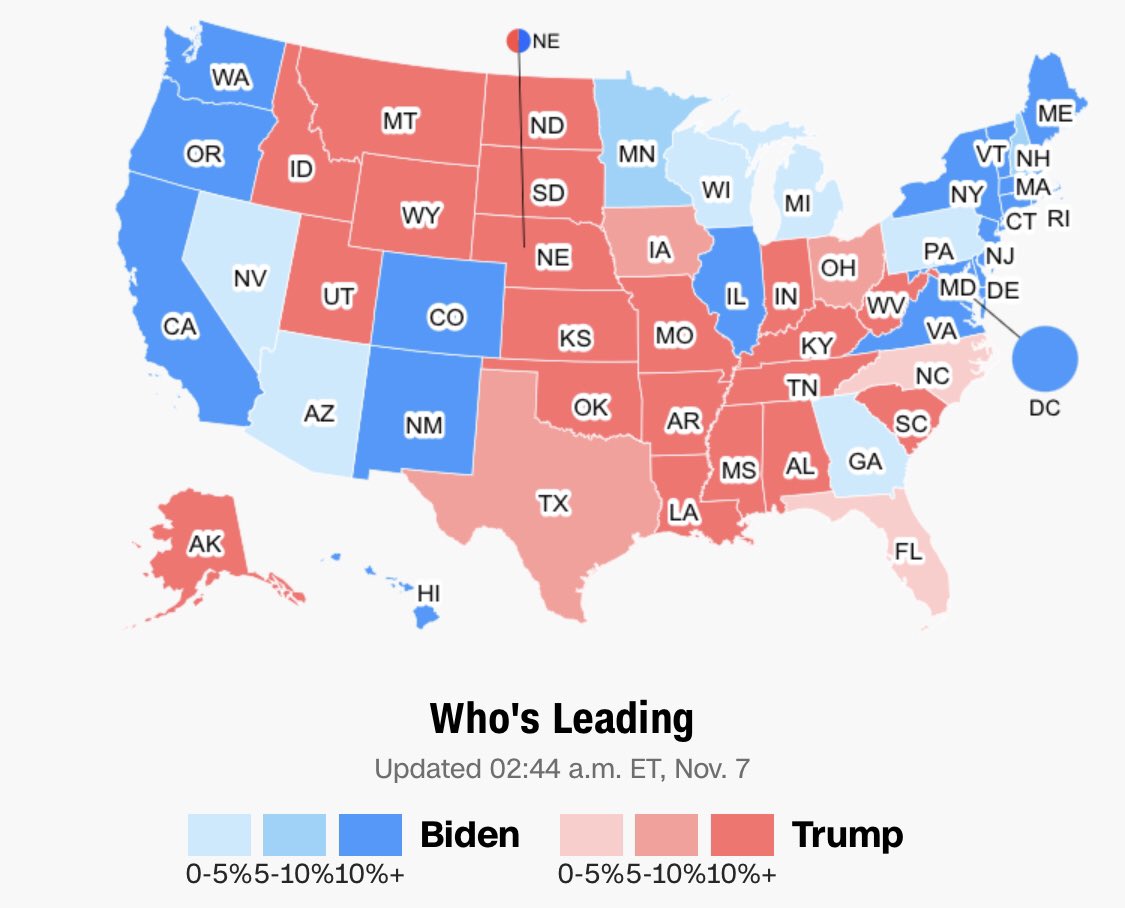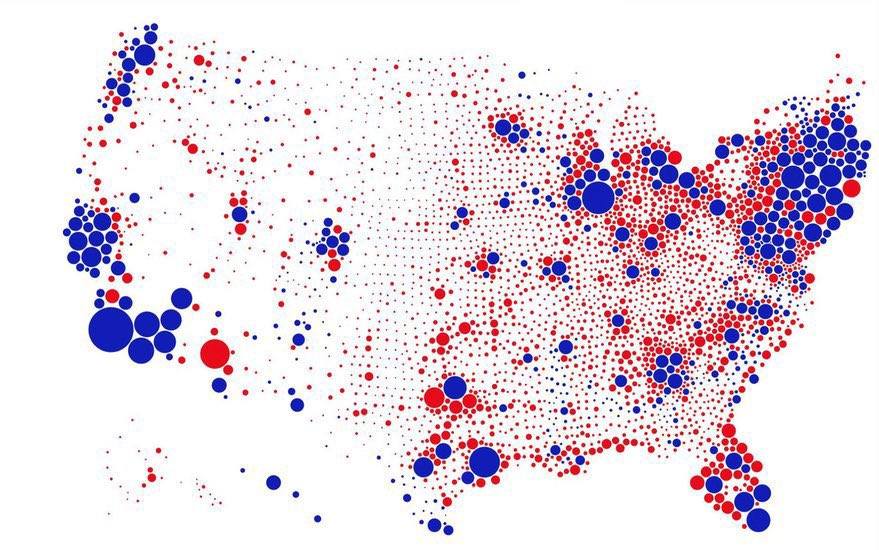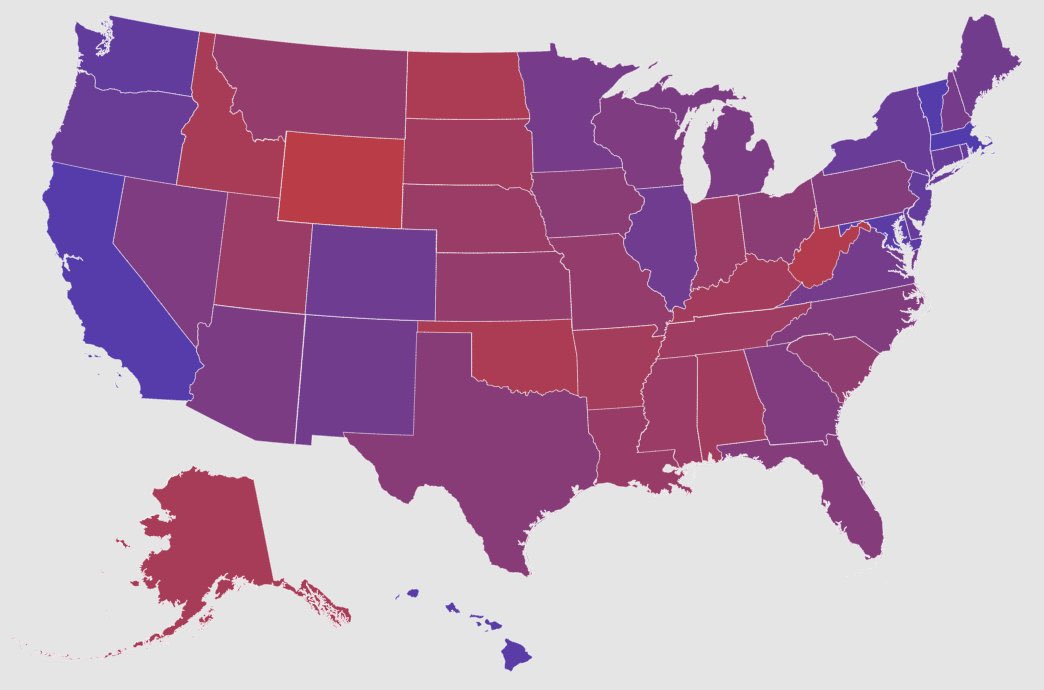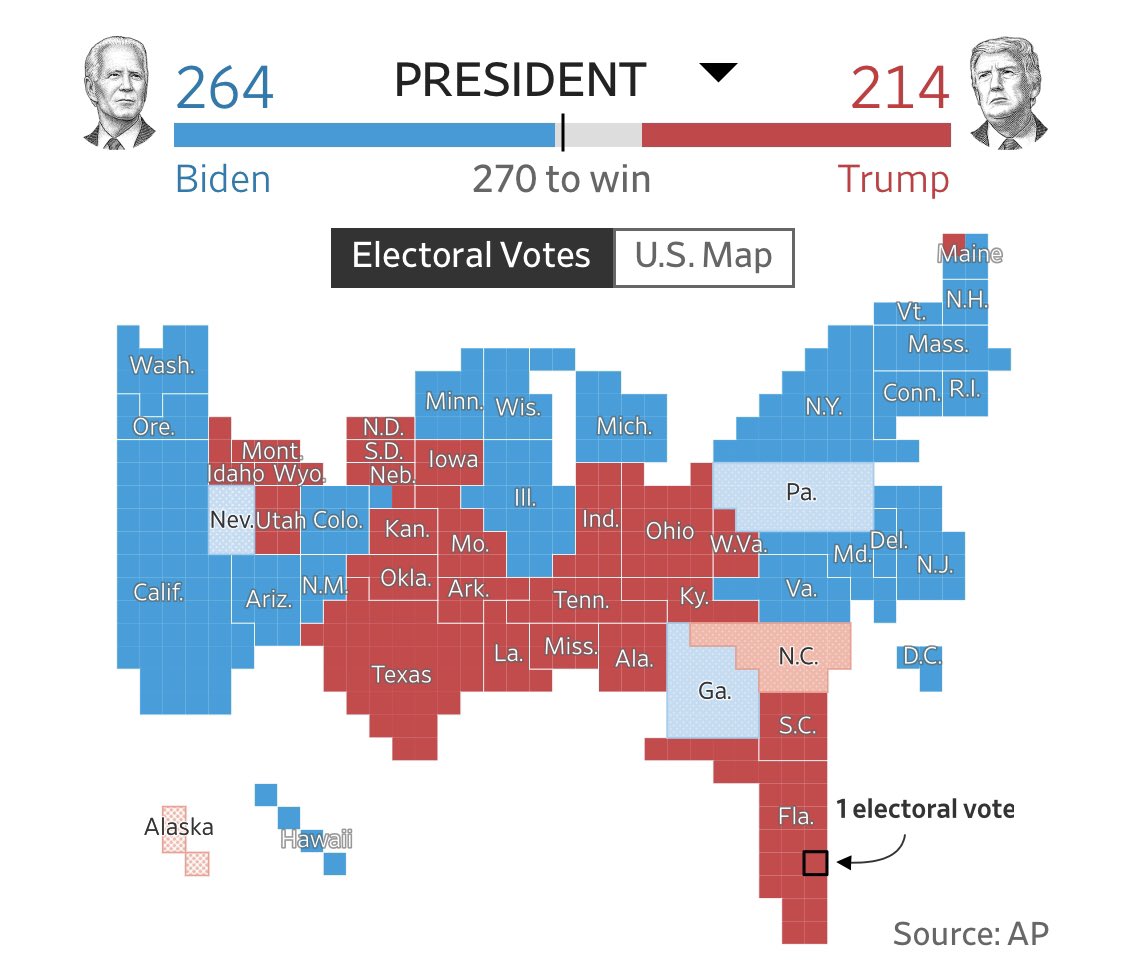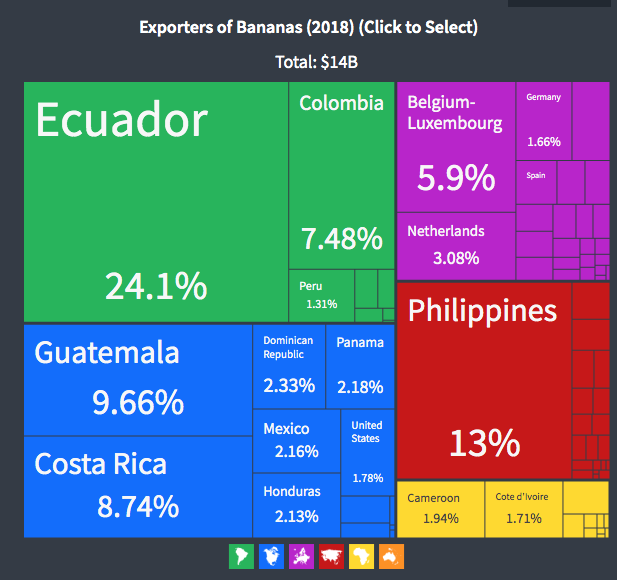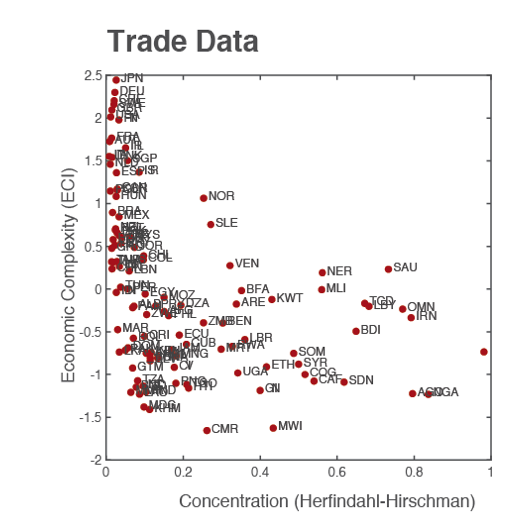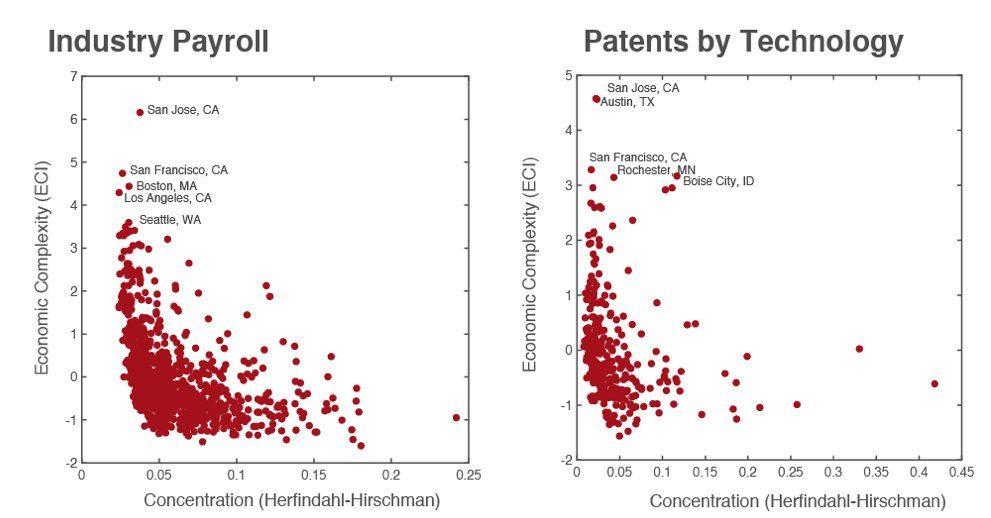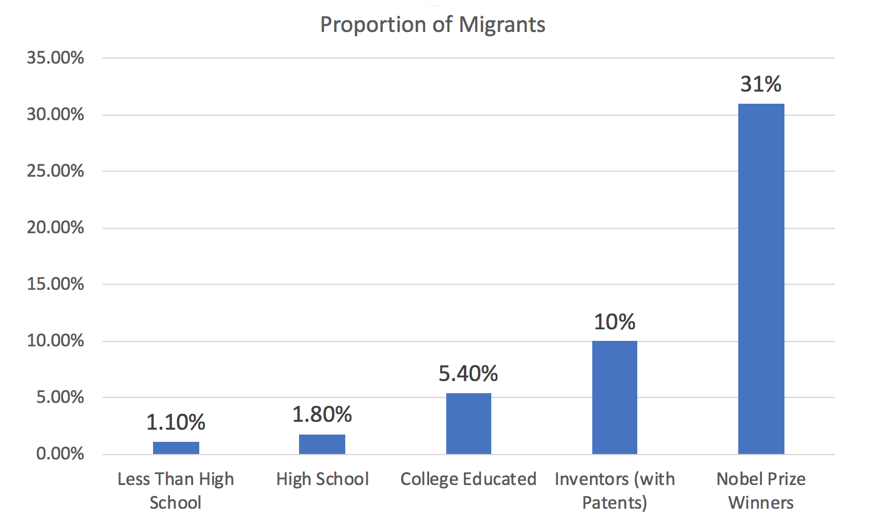
Biden squeezing by to win the 2020 election like...
But in all earnest there are a few lessons we all need to reflect on (thread). 1/
But in all earnest there are a few lessons we all need to reflect on (thread). 1/
1. The election will leave many people unsatisfied. With 71+ million votes for Biden, and 68+ million votes for Trump, this is the largest number of votes casted in a US presidential election (Biden is the most voted ever). Yet, a 270-268 victory is unsatisfying in two accounts:
It will of course be unsatisfying to the 68+ million Americans who voted for Trump. But those who voted for Biden expected a repudiation of Trump’s government & a landslide win. That didn’t happen. This is America.
2. People need to accept that in 2016 it was not Russian hackers, but American voters who elected Trump. In 2020, Trump got ~5 million more votes than in 2016. The support is real & local, not something fabricated from abroad.
3. This is not over, in the short & long term. We should expect weeks of legal & online battles. We should expect political blockade if Republicans win the senate. And in 2024, we will be here again. Will we have a new generation of leaders?
4. With the exception of Obama, the US has not been ruled by someone born after 1946 (Bush, Clinton, & Trump were born within weeks in the summer of 46). A generational change in US politics is long overdue, but conspicuously absent. Why?
5. The world is watching. The US is the Truman show of countries but it has lost its soft power. The argument of moral exceptionalism that is central to American identity is out the window. The US will need to learn to be ‘just another country,’ like everyone else.
6. It is time to start questioning systems, not just candidates. A system of episodic elections of high power representatives will continue to produce polarizing outcomes. Politics & media are amplifiers of disagreements, not agreements. The end of history is yet to come.
7. To end up in a high note, here is one of Biden’s TikTok campaign videos.
Have a great day!
Have a great day!
• • •
Missing some Tweet in this thread? You can try to
force a refresh

